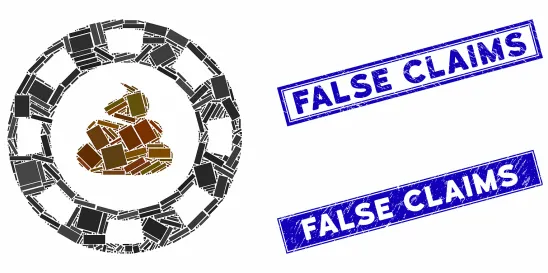The District of Massachusetts has joined the growing chorus of courts that have applied a heightened causation standard in False Claims Act (FCA) cases predicated on the Anti-Kickback Statute (AKS).
U.S. District Judge F. Dennis Saylor recently ruled that the government must show a “but for” causal connection between an AKS violation and an allegedly false claim. In so holding, Judge Saylor granted partial summary judgment to Regeneron Pharmaceuticals, Inc., a biotechnology company accused of improperly funneling millions of dollars into a charitable foundation to subsidize patient copays for its drug Eylea.
Judge Saylor rejected the government’s argument that mere “exposure” to a kickback is sufficient to establish causation – that is, once the government has proved that an AKS violation occurred, all that is required for causation is that “a particular patient is exposed to an illegal recommendation or referral and a provider submits a claim for reimbursement pertaining to that patient.” According to Judge Saylor, something more is needed to establish causation. Otherwise, a defendant would effectively be barred from contesting the government’s evidence of causation once an AKS violation is proven.
Interestingly, Judge Saylor previously rejected Regeneron’s causation arguments at the motion to dismiss stage. But this recent adoption of “but for” causation shows that the wind is now blowing in favor of defendants in these cases.
Judge Saylor certified his ruling for interlocutory appeal, asking the First Circuit to resolve what level of causation is needed in these cases. In the certification order, Judge Saylor acknowledged another recent ruling in the District of Massachusetts, United States v. Teva Pharmaceuticals USA Inc., in which U.S. District Judge Nathaniel Gorton reached the opposite conclusion — that the government need not prove a “but for” causal connection between an AKS violation and an allegedly false claim. This difference of opinion requires appellate intervention, Judge Saylor wrote.
“Among other things, if both this matter and the Teva matter were to proceed to trial — and both trials are expected to be lengthy and complex — at least one of those trials would employ an incorrect causation standard, and thus waste considerable time and resources,” he said.
At issue is language in the AKS added by the Affordable Care Act in 2010 that states “a claim that includes items or services resulting from a violation of [the AKS] constitutes false or fraudulent claims for purposes of” the FCA. Both the Sixth and Eighth circuits interpreted the phrase “resulting from” as requiring “but for” causation — i.e., requiring the government to show that the defendant would not have submitted the alleged false claim but for the AKS violation. The Third Circuit, however, construed this language as allowing something less than “but for” causation — requiring only a “link” between the alleged kickback and the claim.
Judge Saylor followed the Sixth and Eighth circuits’ more limited approach, while Judge Gorton followed the Third Circuit’s approach. The First Circuit’s forthcoming ruling on this issue will deepen the circuit split and potentially tee up Supreme Court intervention.




 />i
/>i
